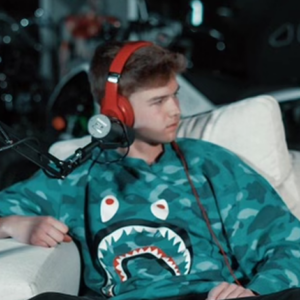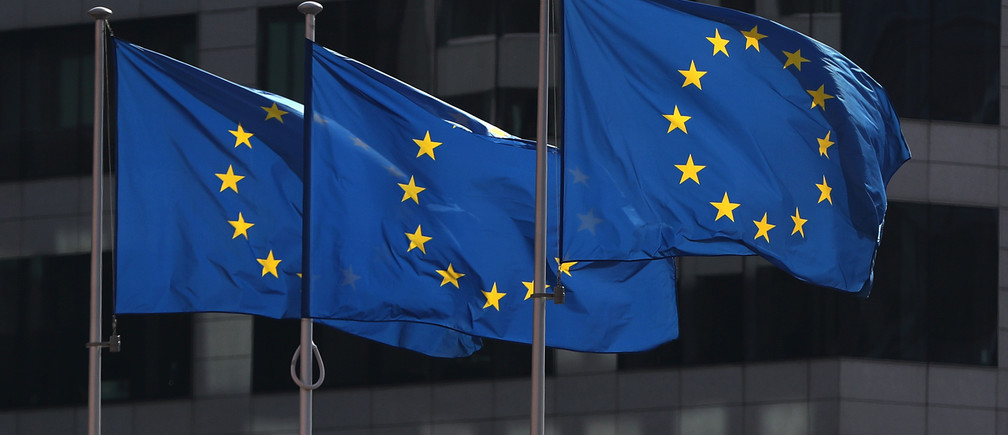On August 2, European Union (EU) advisor Peter Kerstens provided new insights on the Europe effort to establish comprehensive regulatory frameworks in the crypto and NFT sectors during a panel at Korea Blockchain Week. NFT collections will be treated similarly to cryptocurrencies under the Markets in Crypto-Assets (MiCA) law, claimed Kerstens.
As a result of this new classification, EU residents who want to sell an NFT collection will be considered crypto-asset service providers (CASPs) and must obtain express permission from the EU before providing their services (or goods) to the general market. Through these measures, the EU hopes to “protect investors and preserve financial stability, while allowing innovation and fostering the attractiveness of the crypto-asset sector,” according to a press release.
This process is anticipated to take one to three months, with larger CASPs being required to give regular reports on their operations to the European Securities and Markets Authority (ESMA).
Europe also intends to reduce the use of crypto assets for money laundering and other illegal activities by taking an aggressive approach against NFTs. The EU will demand that anyone starting an NFT collection within its borders submit a white paper describing the NFT’s protocol as part of this new categorization.
According to CoinDesk’s story, Kerstens also made it plain that making extravagant claims about the potential value of any particular NFT project is strictly prohibited. The EU wants to set the groundwork for making would-be rug pullers legally liable for their actions through these measures.
In the US, efforts to regulate the cryptocurrency and NFT industries have mostly been on bad actors who use cutting-edge blockchain technologies to commit widespread white-collar crime. The creation of dedicated cybercrime units inside organizations like the IRS and FBI, along with the recent insider trading charges against former Coinbase and OpenSea workers, have been key to the development of these initial steps in Web3 regulation in the United States.
In March 2022, in what is regarded as the US’s first NFT “rug pull” bust, the Department of Justice (DOJ) filed charges against Frosties founders Ethan Nguyen (“Frostie”) and Andre Llacuna (“heyandre”) for conspiracy to commit fraud and conspiracy to launder money.
Crypto scams are nothing new and have plagued the scene since as early as 2017; rug pulls are just the latest form of fraud in an ever-growing list of cybercrimes. A “rug pull” is a malicious act in which cryptocurrency creators entice early investors into investing before abandoning the project by either fleeing with the money or liquidating their pre-mined holdings with the goal of siphoning off all investor money. This is not something Europe wants happening.


